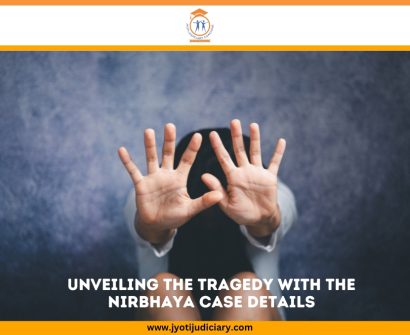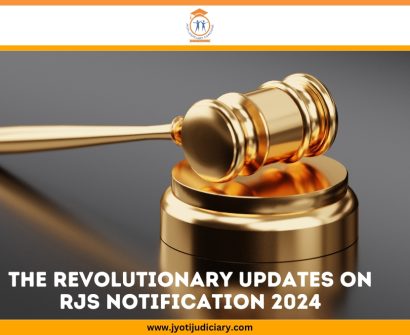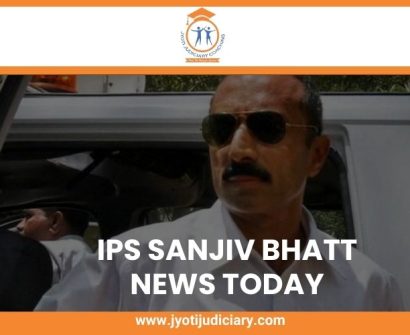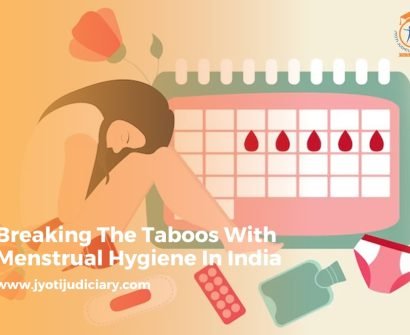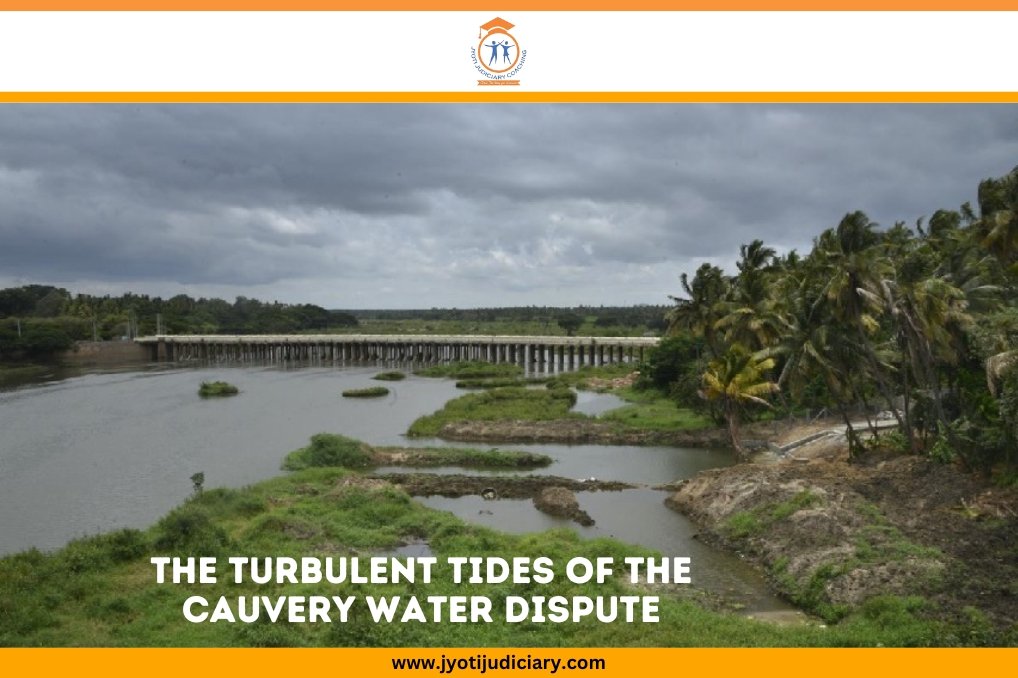
India’s complex system of rivers and other sources of water has often been used as a setting for contentious debates, none more so than that of the Cauvery water issue. This dispute between the states of Karnataka and Tamil Nadu has been ongoing for over a century and has been marked by court cases, rallies, and sporadic acts of violence.
The fight across a valuable resource that supports the region’s ecosystems, livelihoods, and agriculture is at the heart of it all. Given the length of time the disagreement has been being prepared, it is important to look more closely at its historical piles, current motion, and potential paths to resolution.
Cauvery River Dispute: Recent News
- A new water war has broken out between the southern states as a result of Karnataka Chief Minister Siddaramaiah’s statement that he will not give a drop of water from the Cauvery River to Tamil Nadu, despite the Center’s insistence, during the Bengaluru crisis.
- He emphasized on the karnataka cauvery issue that no one ordered Karnataka to transfer water to the neighbouring state, nor did Tamil Nadu request it.
- His words were made in response to accusations made by R Ashoka, the Leader of the Opposition, that Tamil Nadu had received Cauvery water releases from the Karnataka administration.
- Though the water war has gotten more intense, this is nothing new, both Tamil Nadu and Karnataka have engaged in multiple battles over it in the past.
The Cauvery Water Dispute
Originating in Karnataka, the Cauvery is an interstate basin that flows through Tamil Nadu and Puducherry before emptying into the Bay of Bengal. For almost a century, Karnataka and Tamil Nadu have been involved in conflicts around the sharing of the Cauvery waters.
Cauvery River Dispute
- As per the cauvery water dispute summary, Tamil Nadu, Kerala, Karnataka, and Puducherry (UT) are the states in question.
- The 19th century saw the start of the conflict over the Cauvery water between the Madras Presidency (now Tamil Nadu) and Mysore State (now Karnataka).
- The Supreme Court acknowledged Karnataka’s argument in January 2018 that Bengaluru is a world-class city in need of water infrastructure.
- At the interstate contact point at Billigundlu, the Supreme Court ordered Karnataka to deliver 177.25 million cubic feet of water to Tamil Nadu, rather than 192 million cubic feet.
Cauvery Water Dispute: Cauvery Water Management Scheme 2018
The Cauvery Water Regulation Committee (CWRC) and the Cauvery Water Management Authority (CWMA) were founded by the Center.
- With the help of the Cauvery Water Regulation Committee, the CWMA, a permanent body, will oversee and manage releases of Cauvery water.
- As the technical arm of the award, CWRC will periodically gather data on water levels, inflows, storage, and releases to guarantee the final award is implemented.
Cauvery Water Dispute Supreme Court
- The Cauvery watershed is a “national asset,” according to the Supreme Court’s ruling on its sharing among Tamil Nadu, Puducherry, Karnataka, and Kerala. It maintained the idea that all riparian States should have equal access to interstate river water.
- According to the ruling, Karnataka is “entitled to marginal relief” and Tamil Nadu’s stock of an “empirical” 20 TMC of groundwater was not taken into consideration by the Cauvery Water Disputes Tribunal (CWDT). As a result, Tamil Nadu received a smaller share of the water from the Cauvery River than Karnataka did.
- This resulted in Tamil Nadu receiving 14.75 TMC less Cauvery water than the tribunal had previously awarded- 192 TMC total. The Biligundlu site would be used to accommodate this shift. Just 177.25 TMC of Cauvery water will be released by Karnataka to the Mettur dam in Tamil Nadu from the Billigundlu location.
- In addition to directing the creation of the Cauvery Management Board (CMB) to guarantee the execution of CWDT orders, the Court granted the Center six weeks to devise a plan to guarantee the execution of the final decisions.
Protests that took place in several areas of Tamil Nadu and Karnataka interrupted daily life. Large gatherings were strictly enforced by police in response to a citywide strike, with Bengaluru bearing the brunt of this. Multinational companies like Walmart and Google correctly suggested remote work for their staff in an effort to keep things calm. In the meantime, schools stayed closed and the city’s otherwise well-functioning public transportation system abruptly came to a complete halt.
Cauvery Water Dispute FAQs
Why is Karnataka refusing to give the water?
Karnataka was instructed by the Cauvery Water Regulation Committee (CWRC) to transfer water to Tamil Nadu between September 28 and October 15 at a rate of 3,000 cubic feet per second (cusecs). Karnataka, however, has so far refused to abide by the directive, pointing out the state’s ongoing drought-like conditions.
What is the problem with the Kaveri river?
In 2023, the Karnataka-Tamil Nadu water issue returned, with both governments claiming a larger portion of the river’s water. Decades of disagreement have frequently resulted in demonstrations and acts of violence.
Who are the two parties to the Cauvery water dispute?
A major dispute between Tamil Nadu and Karnataka, two Indian states, has its roots in the sharing of the Kaveri River’s waters. Two agreements made by the Kingdom of Mysore and the Madras Presidency in 1892 and 1924 serve as the origin of this war.
What is the main source of water in Karnataka?
Karnataka’s primary sources of water are groundwater and surface water. The state’s primary water source is rainfall. A body of water on the surface It can be found in Karnataka in the form of rivers, lakes, reservoirs, waterfalls, etc.
Why does Bangalore have a water crisis?
The situation is made worse by sewage treatment issues and lake encroachment. An IISc study has determined that Bengaluru’s severe water scarcity, caused by the worst drought in the previous 30 to 40 years, is primarily due to a 70% decrease in the city’s water spread area.
Who is responsible for solving the Cauvery water dispute?
On June 2, 1990, the Indian government established the Cauvery Water Disputes Tribunal (CWDT) to settle the water dispute pertaining to the interstate Cauvery water and river basin among the states of Kerala, Puducherry, Karnataka, and Tamil Nadu.
What is the river system of Kaveri?
The Cauvery River begins at a height of roughly 1341 meters at Talakaveri on the Brahmagiri range in the Western Ghats of Karnataka. It then flows for over 800 kilometers until emptying into the Bay of Bengal. There are 21 major tributaries in the Cauvery River system, and each has a catchment area larger than 250 square kilometers.
When did the Cauvery dispute start?
The Cauvery water-sharing dispute began in 1892 with the signing of a deal on water sharing between the Madras Presidency and the royal state of Mysore. A final deal was achieved in 1924, giving both regions 50 years of fixed water shares.
What is the Supreme Court order on Cauvery water?
In order to manage the water sharing between the two neighboring States, the Supreme Court on Thursday declined to take a side in the Cauvery water dispute, siding instead with the Cauvery Water Management Authority (CWMA) and the Cauvery Water Regulation Committee (CWRC).
Is the Cauvery issue solved?
The allotted shares between Karnataka and Tamil Nadu have been adjusted to 284.75 TMC and 404.25 TMC, respectively, following the Supreme Court’s ruling in February 2018. Only the Kaveri water share during droughts is disputed by Tamil Nadu and Karnataka.
With the goal of giving students the best coaching available for law entrance exams including the CLAT, AILET, and various other numerous state judiciary exams, Jyoti Judiciary Coaching, India’s Finest educational Platform, was established. Come enroll now with Jyoti Judiciary!
For any latest news, legal topics, judiciary exams notifications, patterns, etc watch Jyoti Judiciary’s YouTube channel for legal videos for any updates at https://youtube.com/@jyotijudiciarycoaching4852?si=2cwubh9d2A9urwJf




